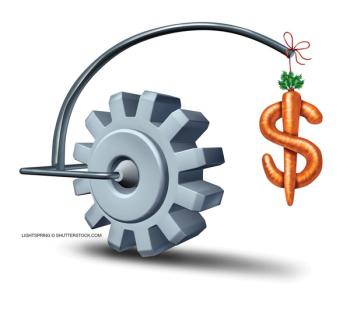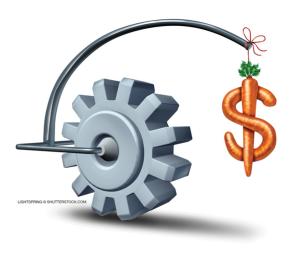
A number of behaviors are improved by financial incentive interventions. Details here.

A number of behaviors are improved by financial incentive interventions. Details here.

Obesity has emerged as a significant threat to public health throughout the developed world. The World Health Organization defines overweight as a body mass index of 25.0 to 29.9 kg/m2 and obesity as a BMI of 30.0 kg/m2 or greater.1 Nearly two-thirds of Americans are overweight or obese according to these criteria.2 Numerous health problems, including diabetes, cardiovascular disease, arthritis, and cancer, are associated with obesity. In addition, overweight and obese persons are more likely than their normal-weight peers to have a variety of psychiatric disorders.

Contingency management provides tangible reinforcement to modify patients' behaviors and has been found to reduce substance abuse across a number of clinical populations and settings. What types of tangible reinforcements are most effective?

Contingency management rewards good behaviors, thereby modifying behaviors of substance abusers in a positive and supportive manner.

Published: February 1st 2002 | Updated:

Published: February 1st 2002 | Updated:

Published: December 5th 2009 | Updated:

Published: September 29th 2017 | Updated: